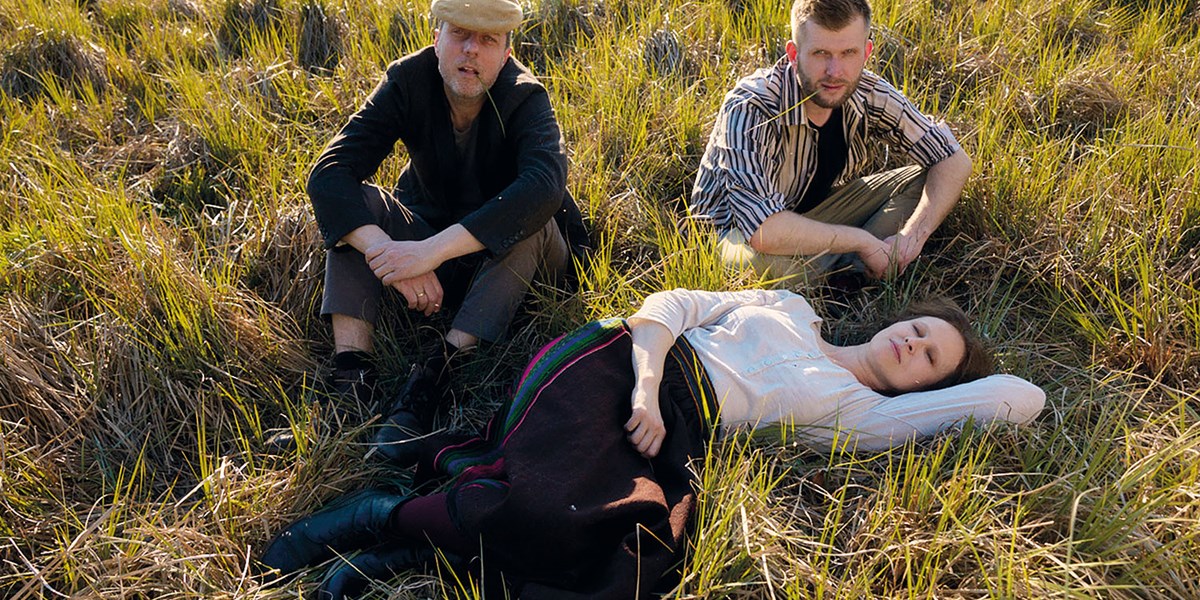Friday, October 4, 2024
“It’s amazing when you think about the lack of Polish folk music in the media”: WoWaKin on keeping their music scene alive
With an open-minded approach to their country’s musical traditions and a host of special guests, this Polish trio are finding out what connects village life to that of a contemporary musician. Mateusz Dobrowolski hears all about it…


Register now to continue reading

Thanks for visiting the Songlines website, your guide to an extraordinary world of music and culture. Sign up for a free account now to enjoy:
- Free access to 2 subscriber-only articles and album reviews every month
- Unlimited access to our news and awards pages
- Our regular email newsletters

